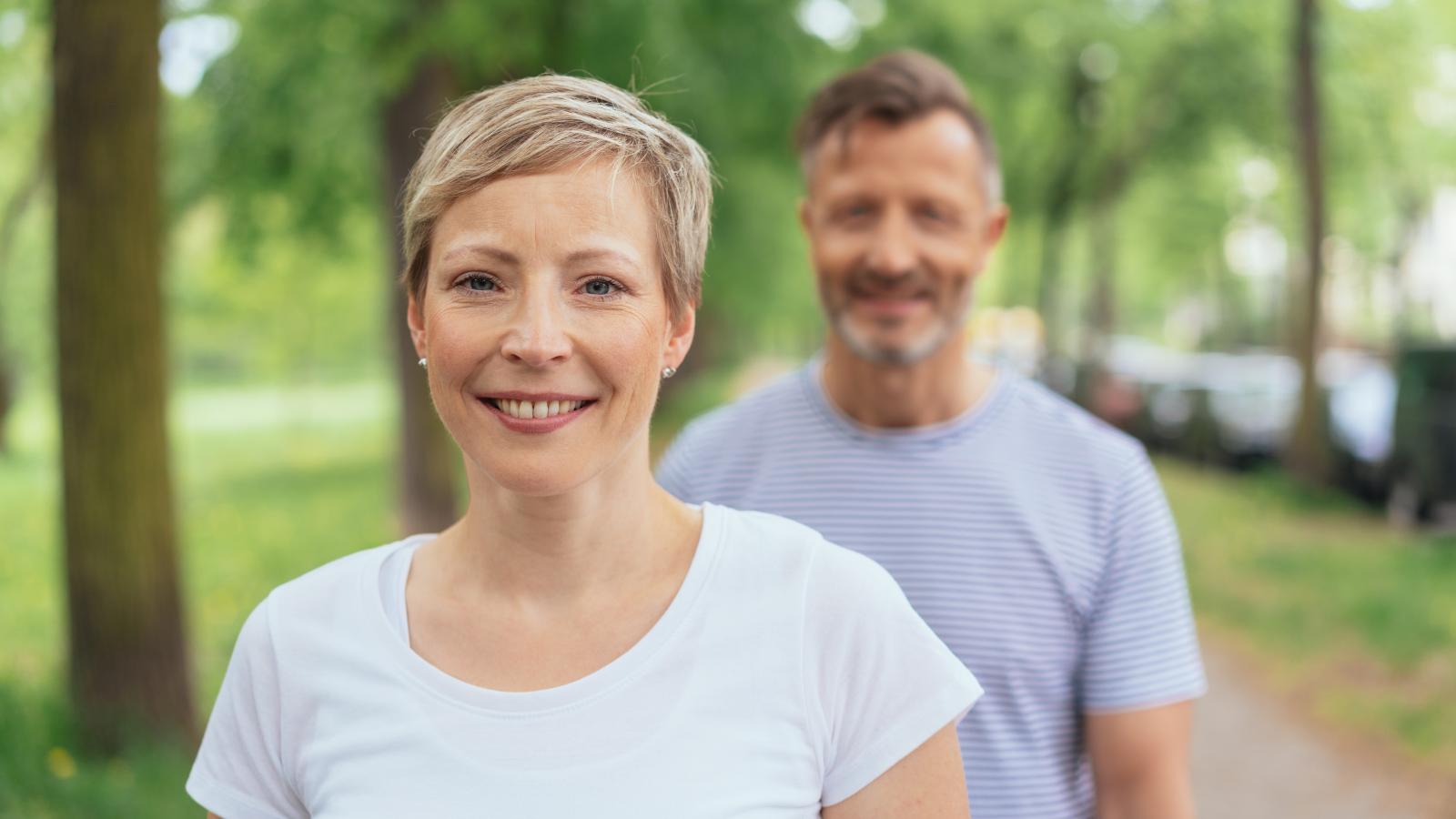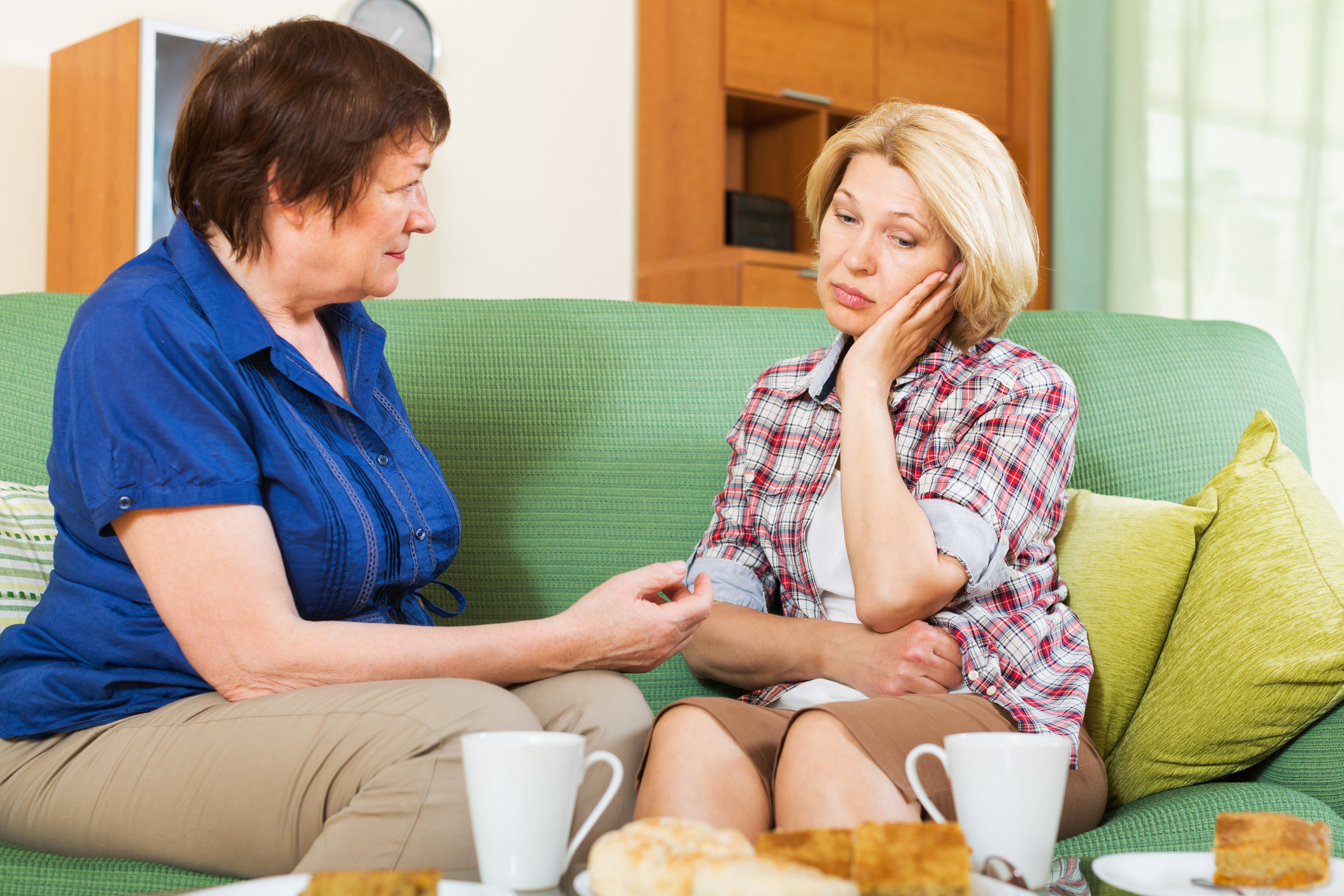Living with leukaemia

Leading a healthy lifestyle
Many people want to live a healthy lifestyle after a diagnosis of leukaemia. A healthy lifestyle can help you to:
- Feel better
- Keep up your energy and strength
- Cope better with the side-effects of treatment
- Reduce your risk of other cancers
A healthy lifestyle includes:
- Avoiding alcohol
- Protecting yourself from the sun and checking your skin for any changes
- Having all the recommended cancer screening tests and vaccinations
- Exercising
- Taking any vitamin supplements recommended by your doctor, if blood tests show you have a deficiency
- Staying at a healthy weight
- Not smoking
Take care of your body
- If you are on medication, keep taking it as your doctor advises, even if you feel well.
- Watch out for any signs of infection or other health problems, such as lung or bowel problems. Let your doctor know if you have any health problems.
- Have regular dental and eye check-ups. Take good care of your mouth, teeth or dentures, as they can be a source of infection. Check with your consulant before having dental treatment.
- Always tell doctors, dentists and other healthcare professionals about your medical history. If your white cell count or platelets are low it can increase your risk of bleeding or infection, so some procedures or treatments may not be suitable.
- Contact your doctor straight away if you have signs of infection or any other health problems.
- Find out which vaccinations are recommended for you, and make sure you get them. Some vaccinations may not be suitable for you, for example, live vaccines, so check with your doctor first.
Be involved in your healthcare
- Don't be afraid to ask questions. It’s better to ask than to worry.
- Keep all your appointments and take all your medications – ask your doctor or pharmacist if you have any questions about your medication.
- Let your doctor know straight away if you have any new symptoms or any symptoms that are bothering you. Don't feel like you have to wait until your next appointment.
Mind your mental health
- Try to avoid additional stress wherever possible. Spend time with your friends and family. Make time to relax and do the things that you enjoy.
- Use stress-management techniques if you do feel stressed. Relaxation techniques like yoga, meditation, mindfulness or aromatherapy may help. Your local cancer support centre might offer these and other complementary therapies.
- Counselling or a short course of medication may also help you, if you are finding it hard to cope. We fund free one-to-one counselling through local cancer support centres. Read more about counselling.
- Having the support of loved ones, healthcare professionals and other people going through a similar illness can also make a big difference. Share your worries and accept any offers of support that will help you.
Work and activities
- Once you are on treatment and start to feel well, there is no reason why you cannot return to work or study and carry on with your usual activities like socialising, sports and hobbies.
- Don’t rush back to normal activities if you are feeling tired. Give your body the time it needs to recover. If you’ve had intensive treatment for acute leukaemia it can take months to fully recover.
- If you stopped working during treatment, you might want to take your return to work slowly, by working part time or reduced hours.
- If you are planning a holiday, ask your doctor about any special precautions you need to take or vaccinations you should have before you go. It’s best to have travel insurance too.
For more information
Phone
1800 200 700



